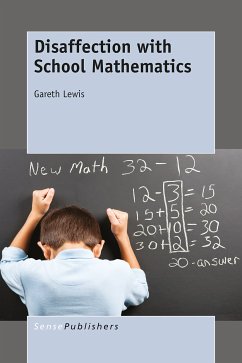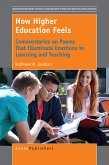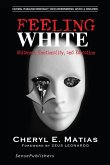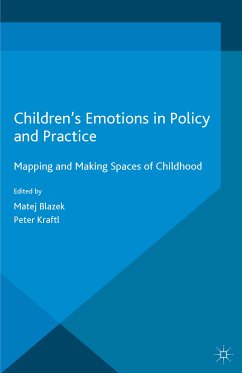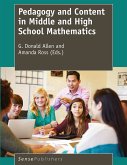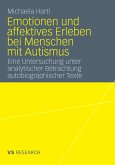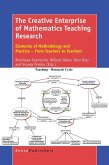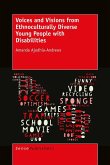Disaffection with School Mathematics reports on an investigation into disaffection with school mathematics undertaken by the author. Too little is known about both the nature and the causes of disaffection, and in this light the research looks beyond the quantitative study of attitude to investigate the nature of the subjective experience of learning, or not learning, mathematics. Disaffection with school mathematics is characterized as a motivational and emotional phenomenon, and Reversal Theory is introduced as a robust theory which is used as an interpretative framework to account for students' affective experience of school mathematics, and to inform the design of a range of novel methods. Overall the book develops and presents a deep description of the landscape of disaffection as experienced by, and in the voice of, students. Some empirical and theoretical implications of the study are discussed.
Dieser Download kann aus rechtlichen Gründen nur mit Rechnungsadresse in A, B, BG, CY, CZ, D, DK, EW, E, FIN, F, GR, HR, H, IRL, I, LT, L, LR, M, NL, PL, P, R, S, SLO, SK ausgeliefert werden.

